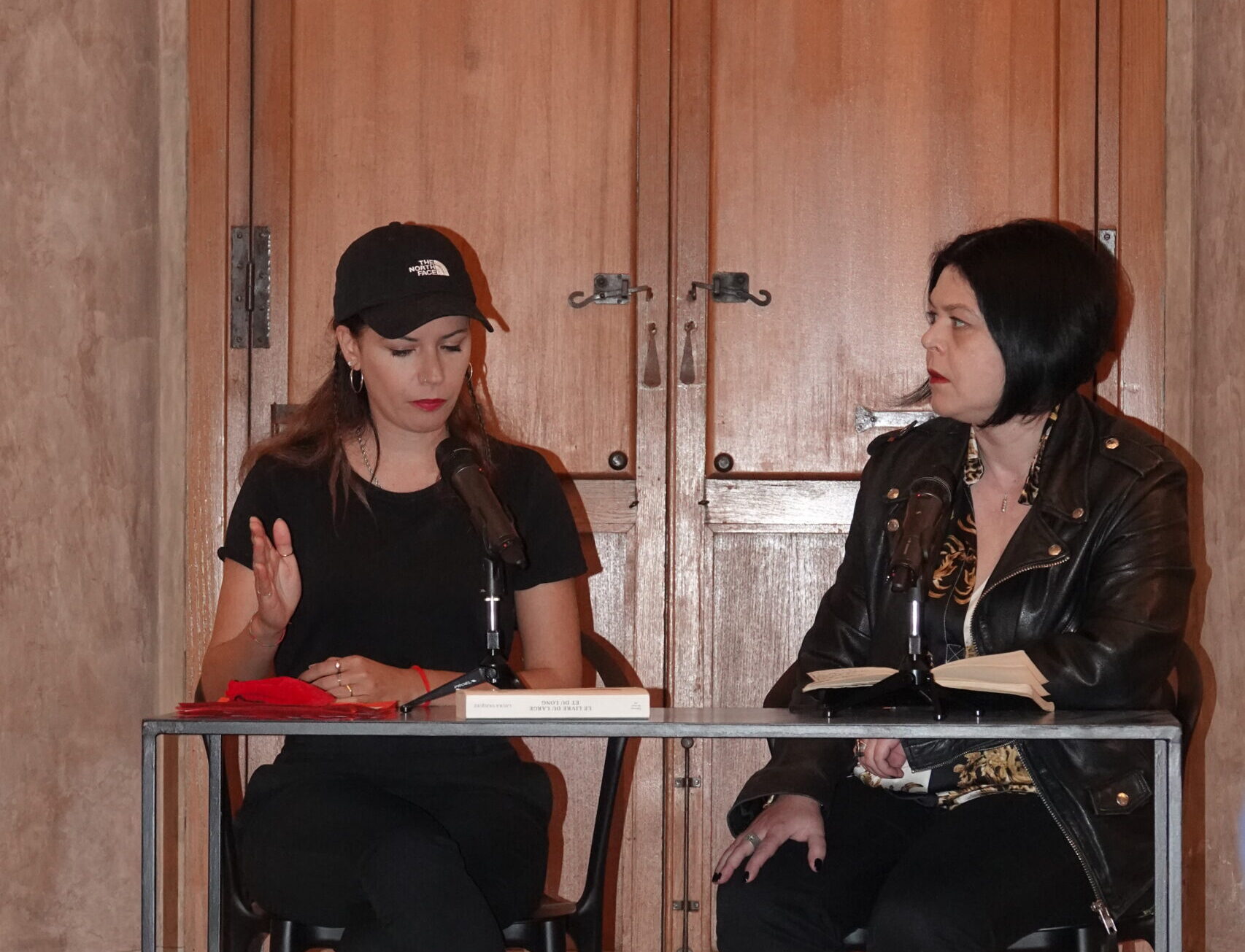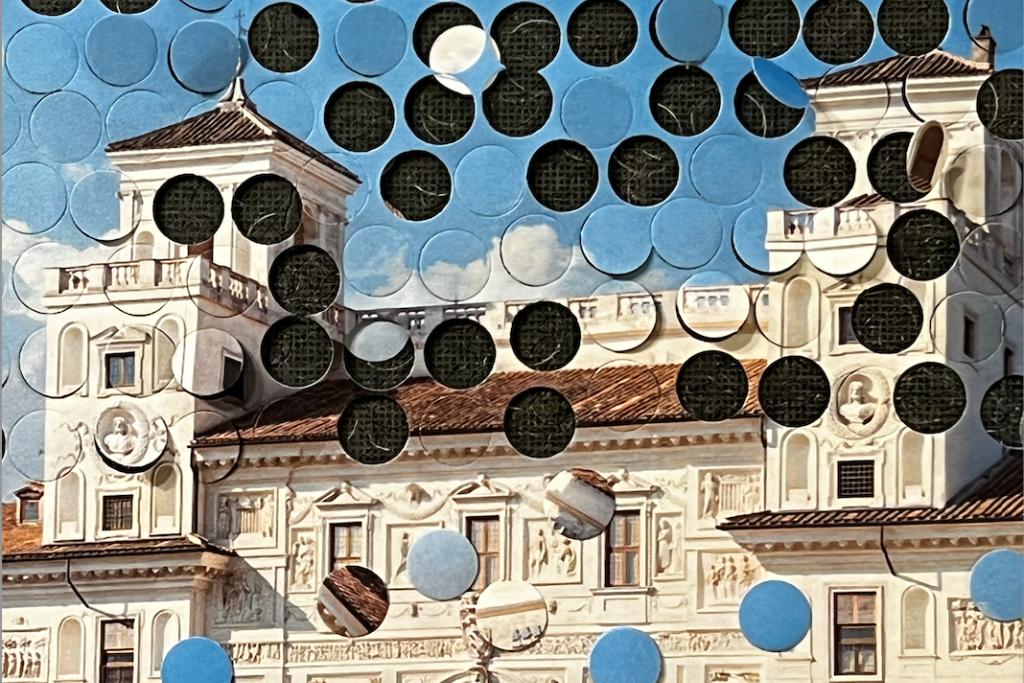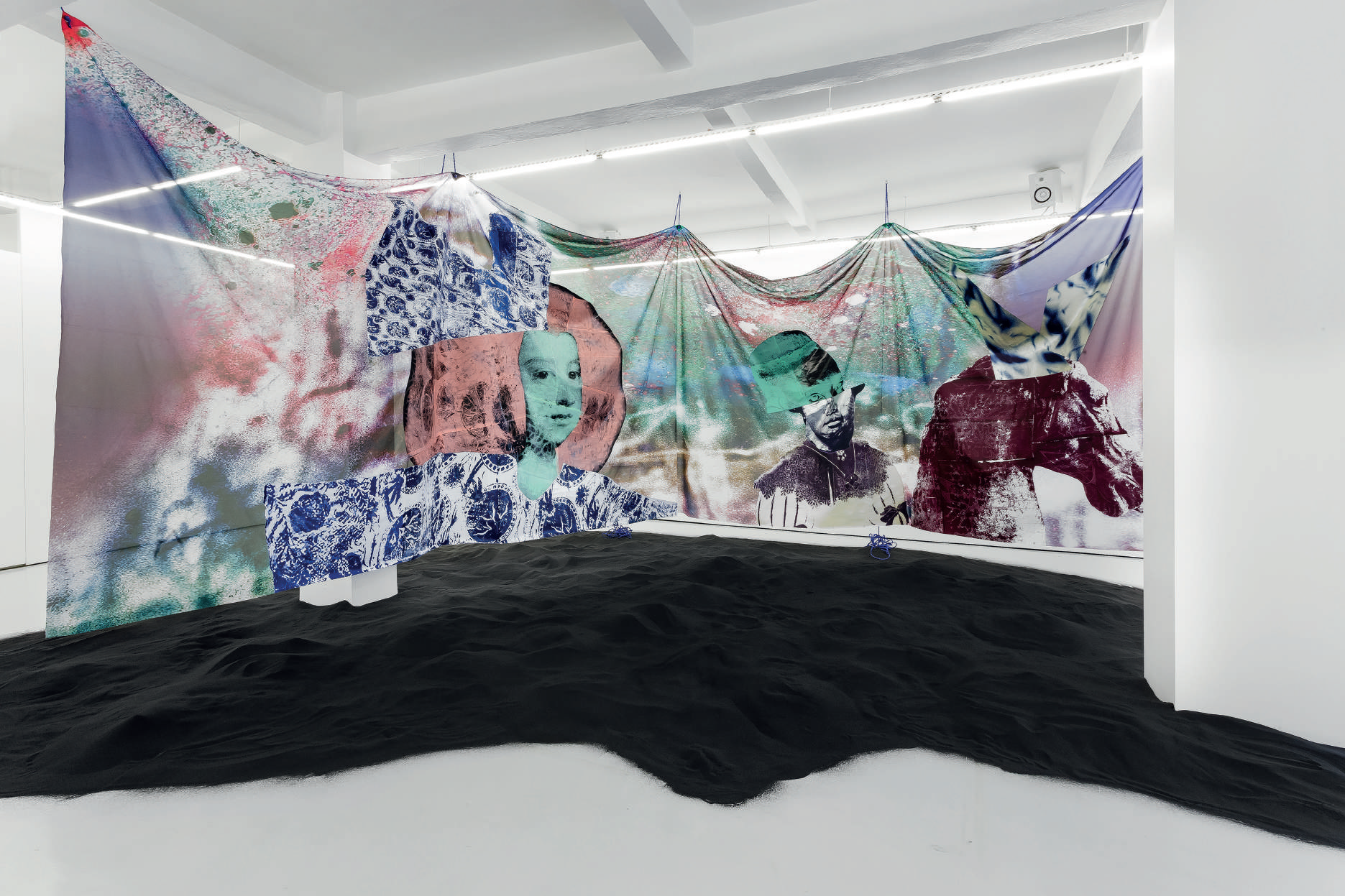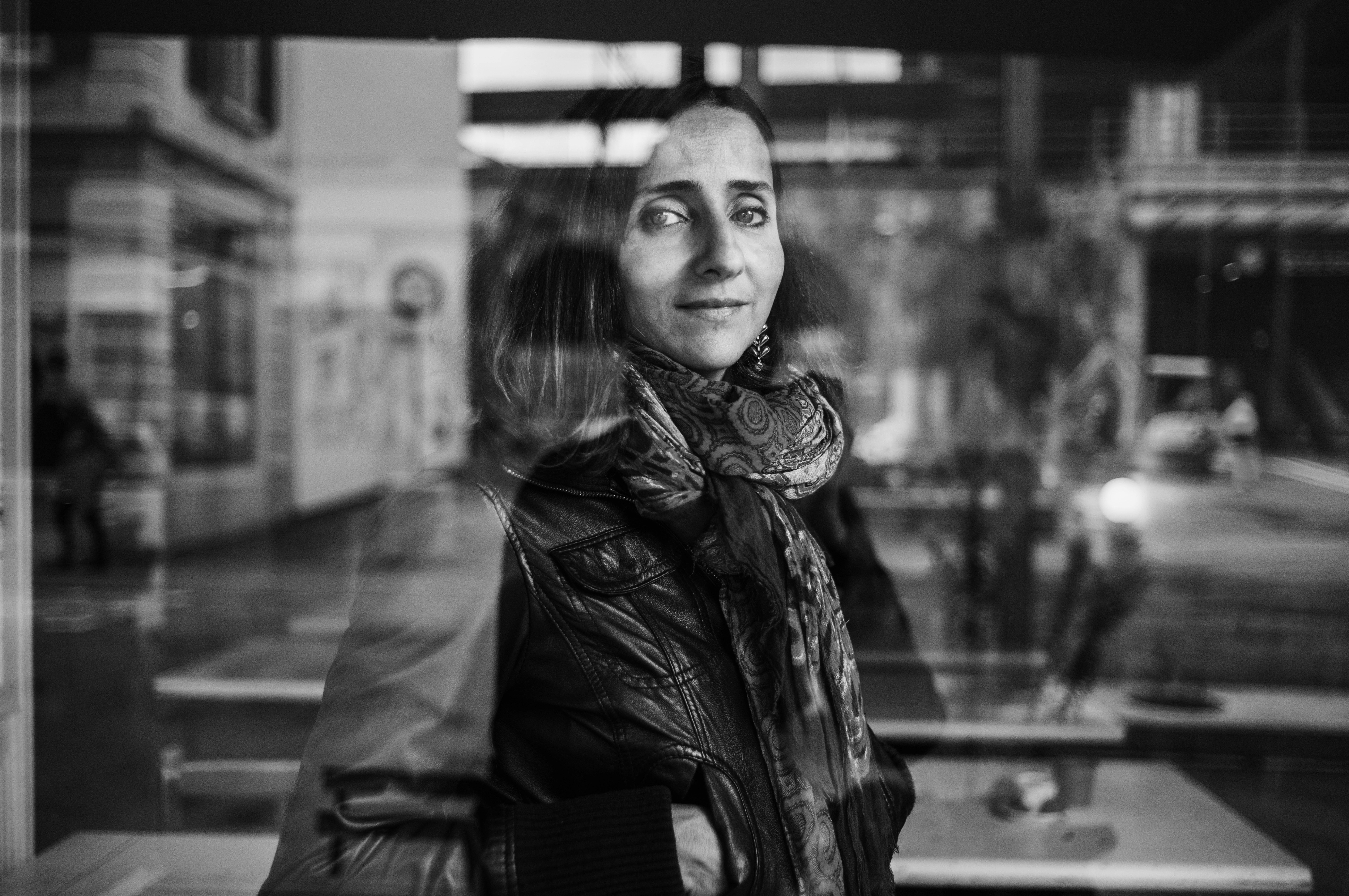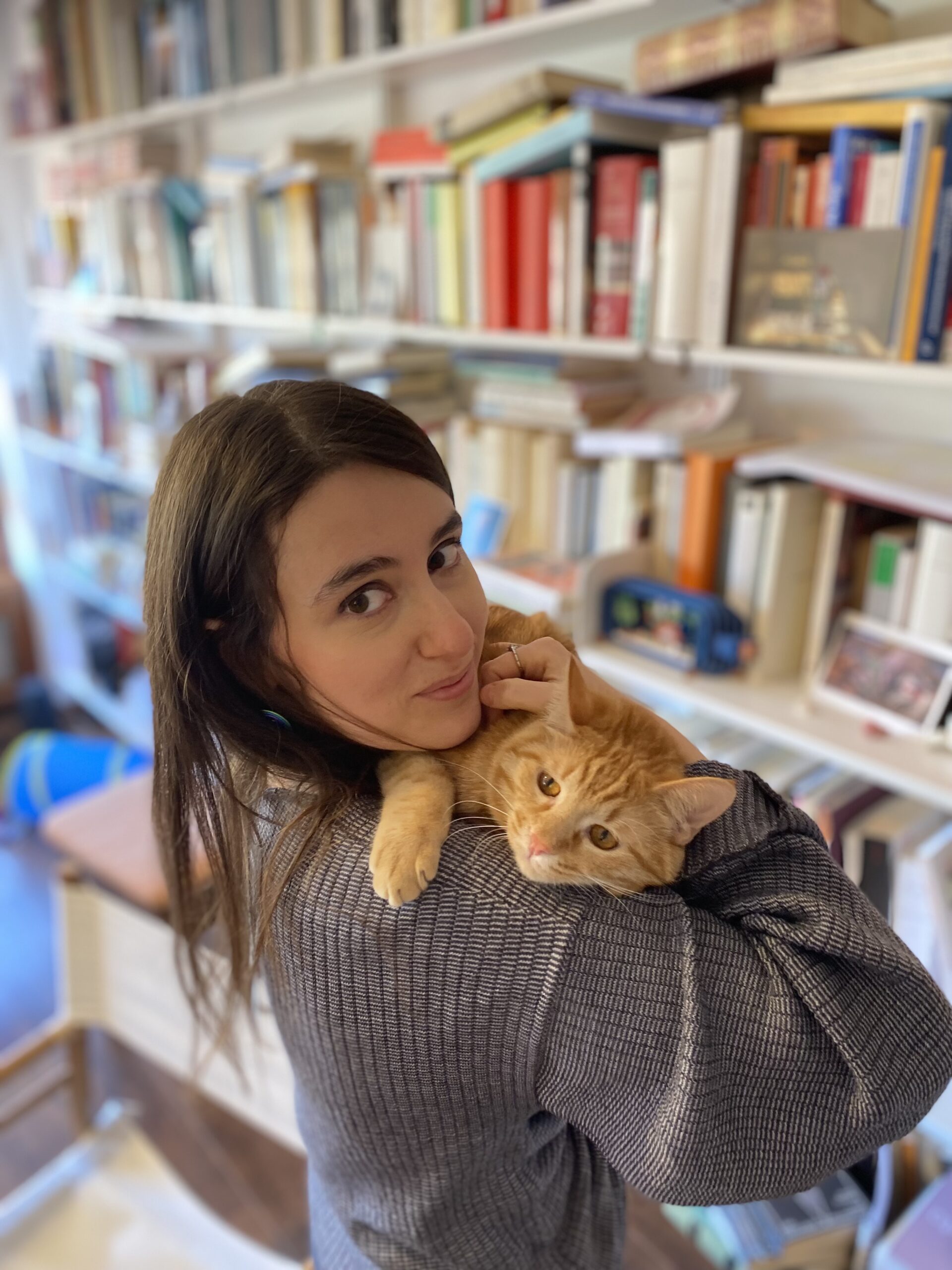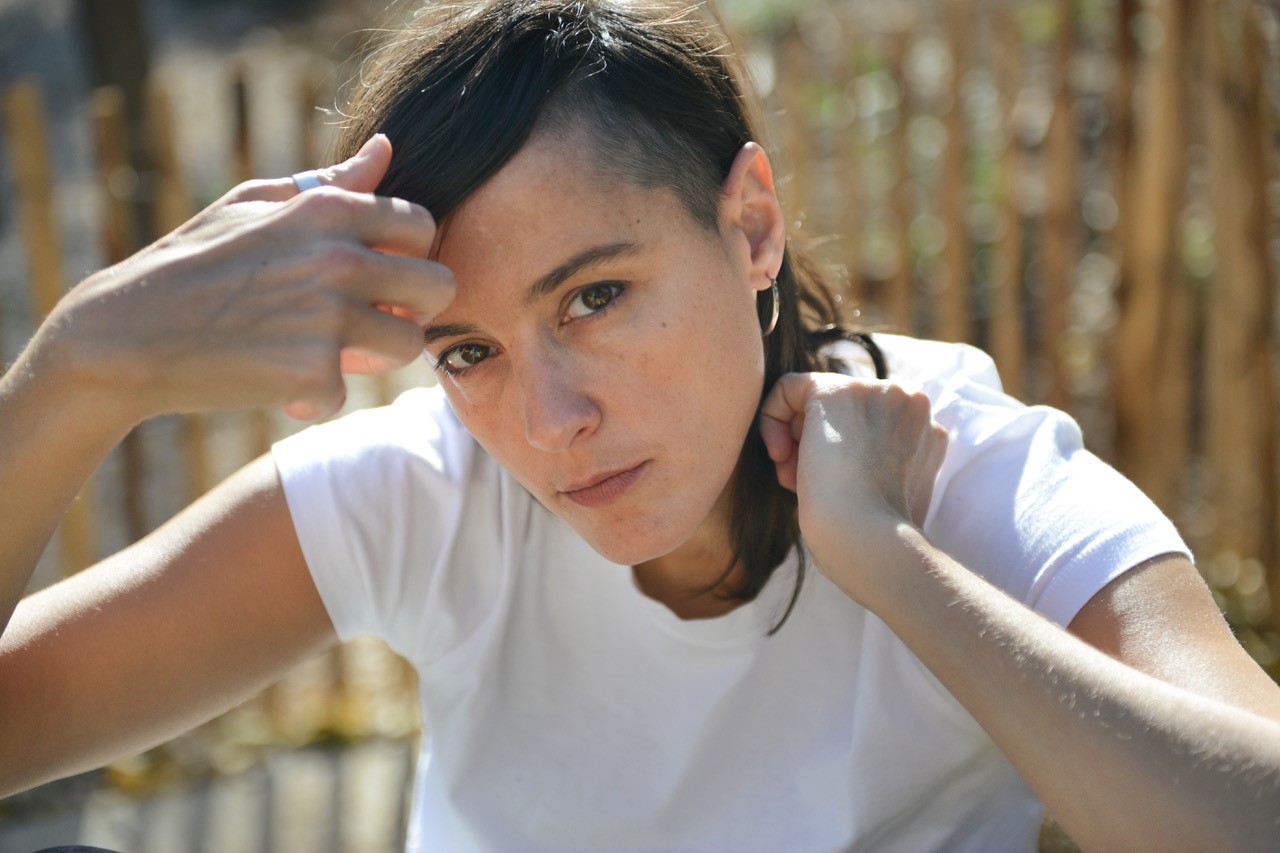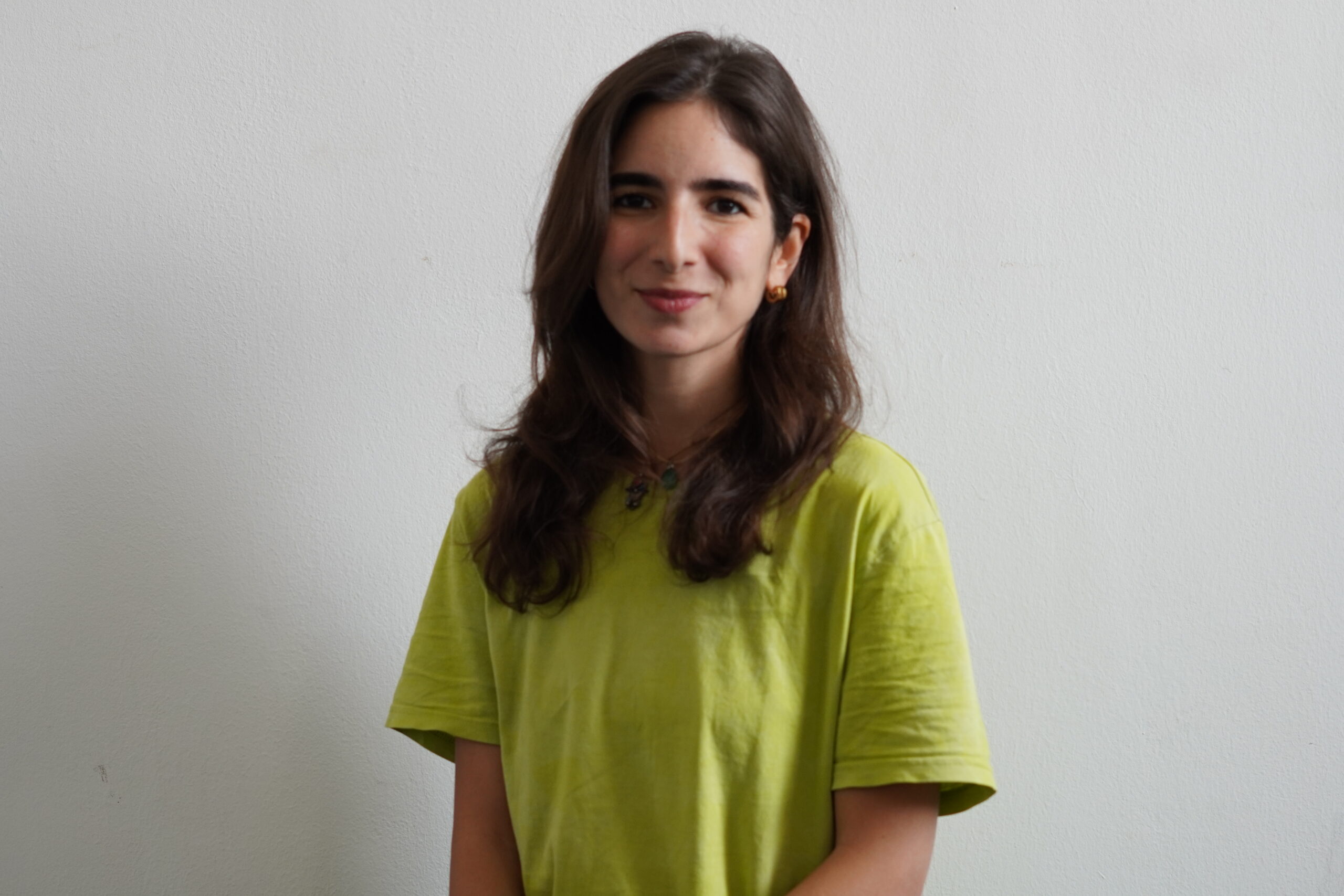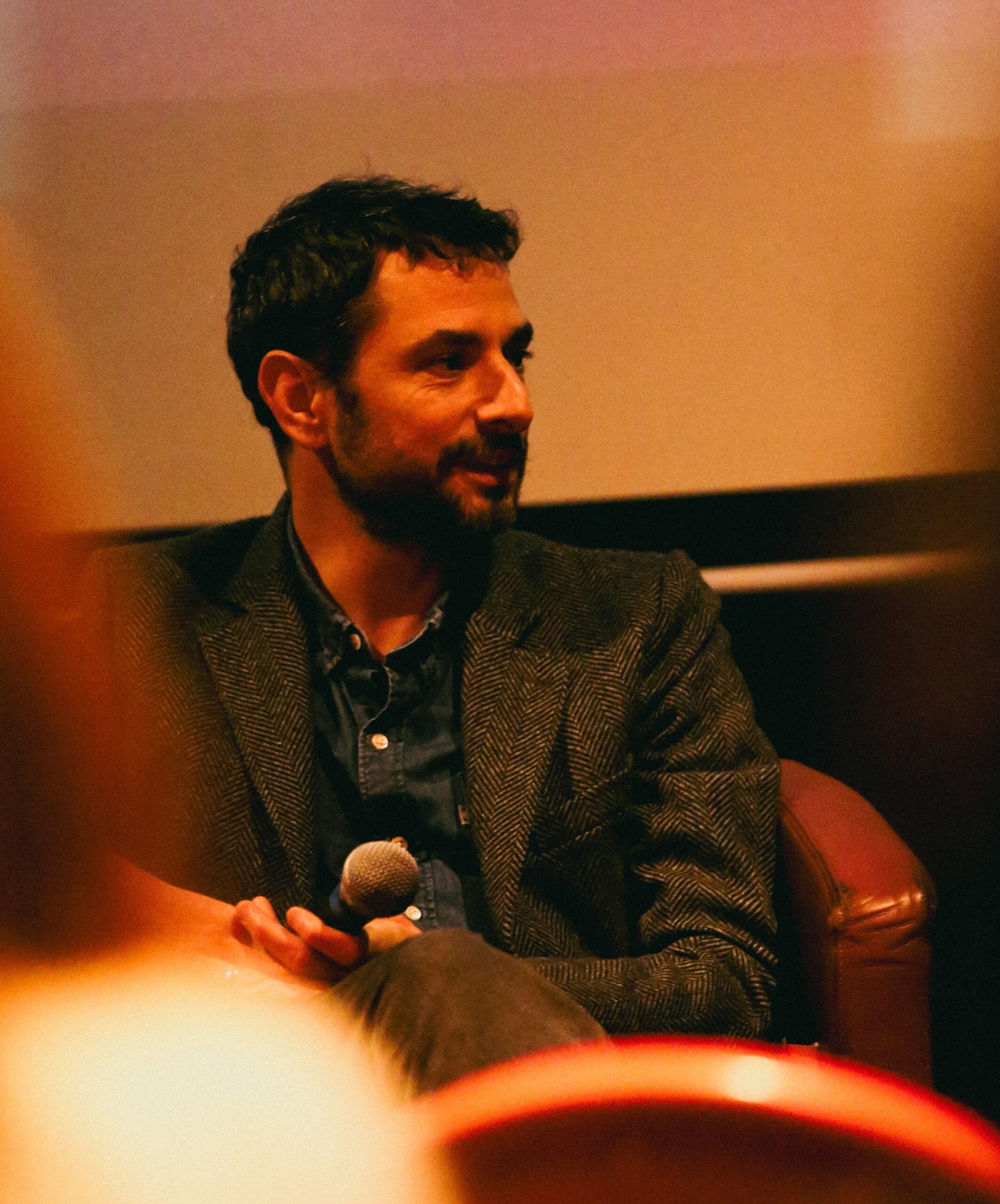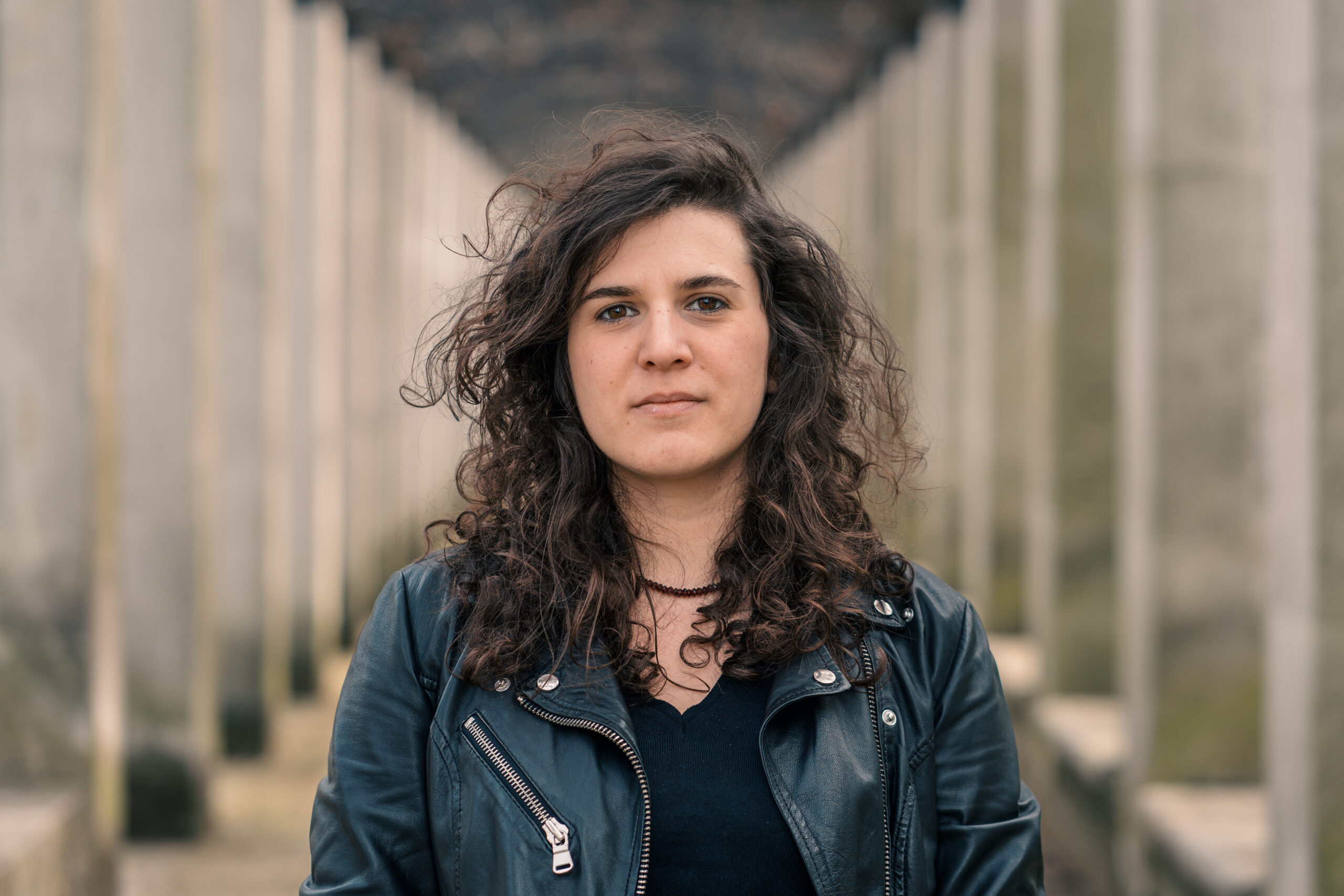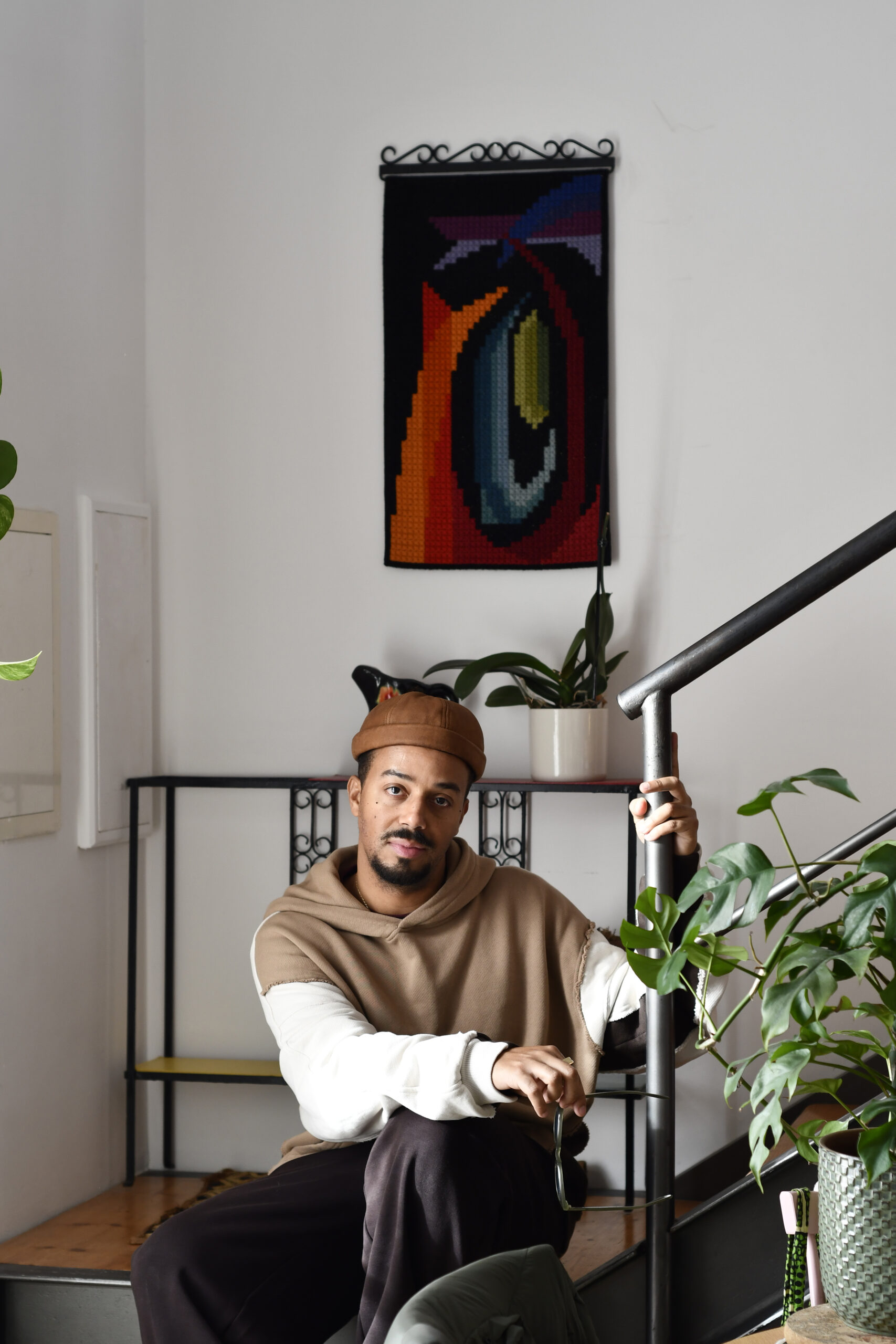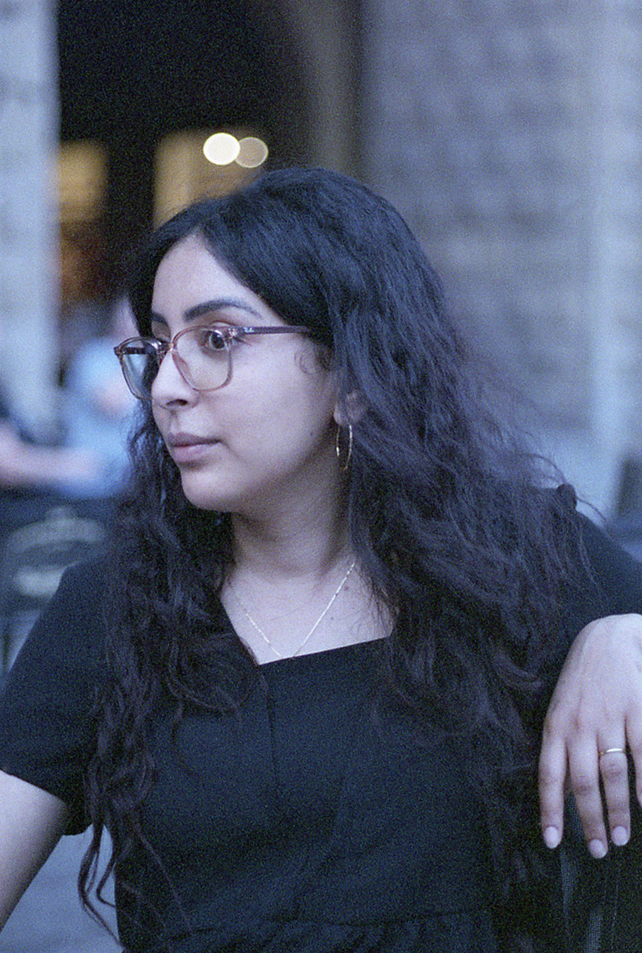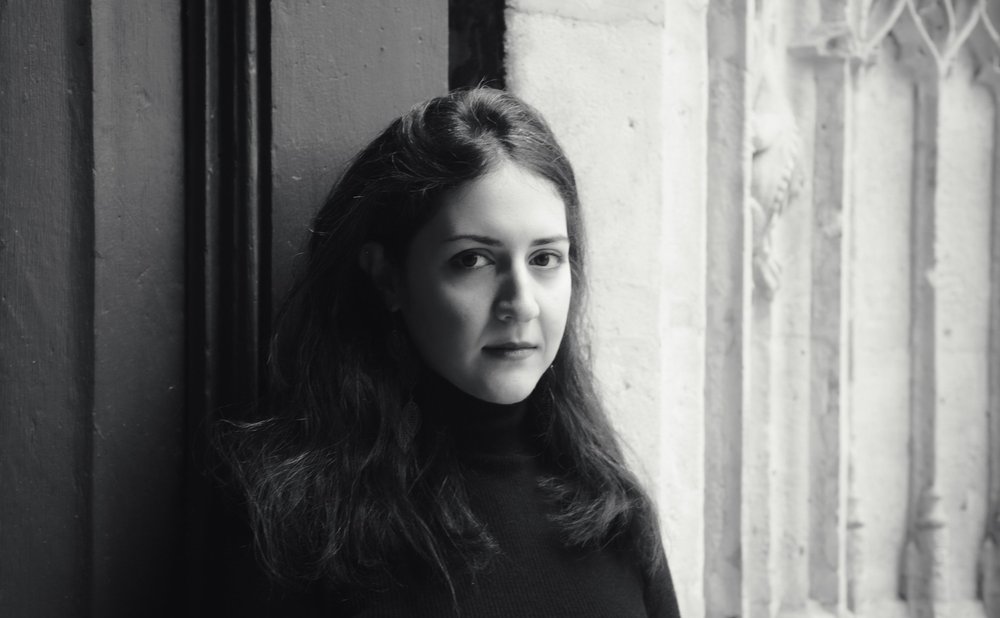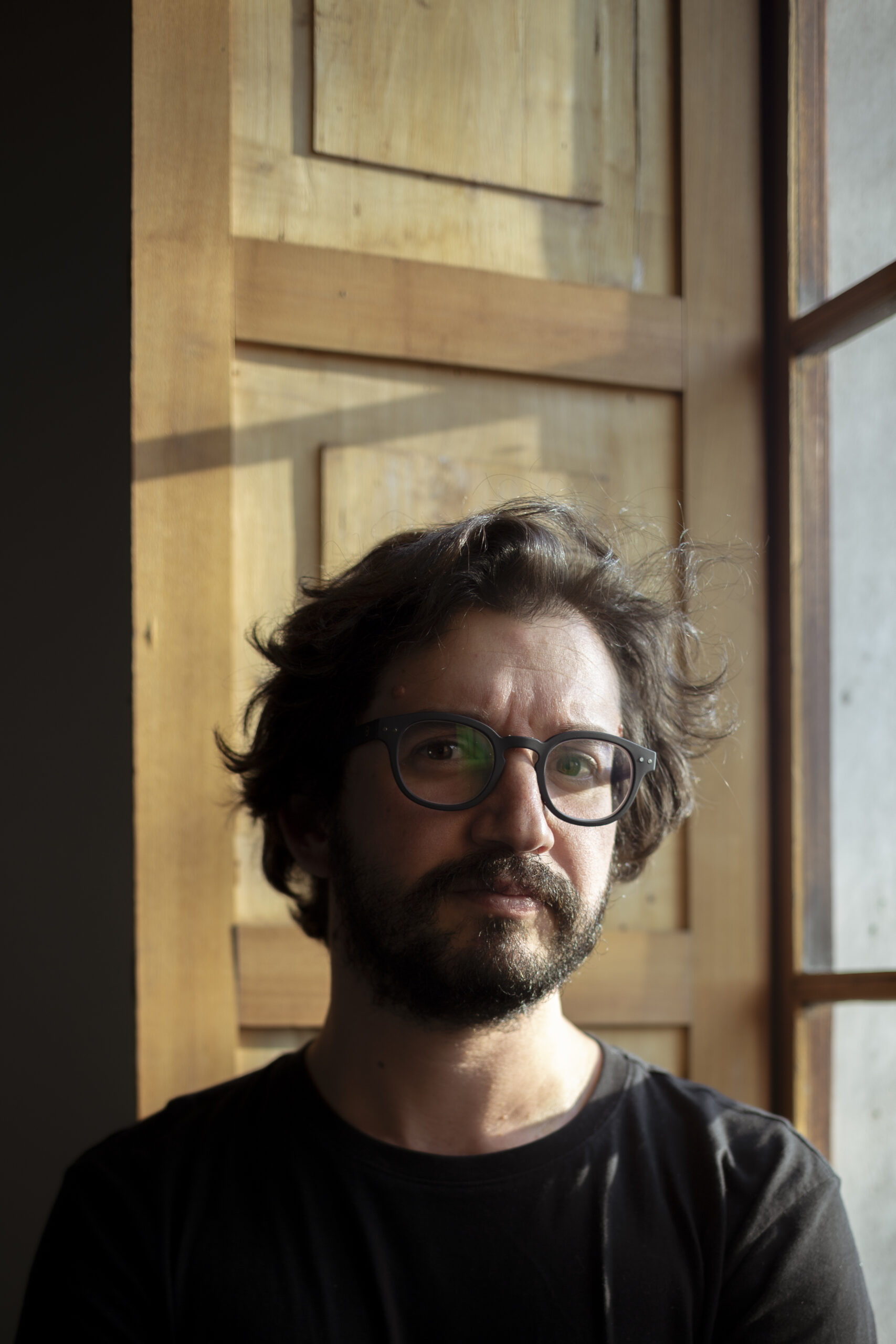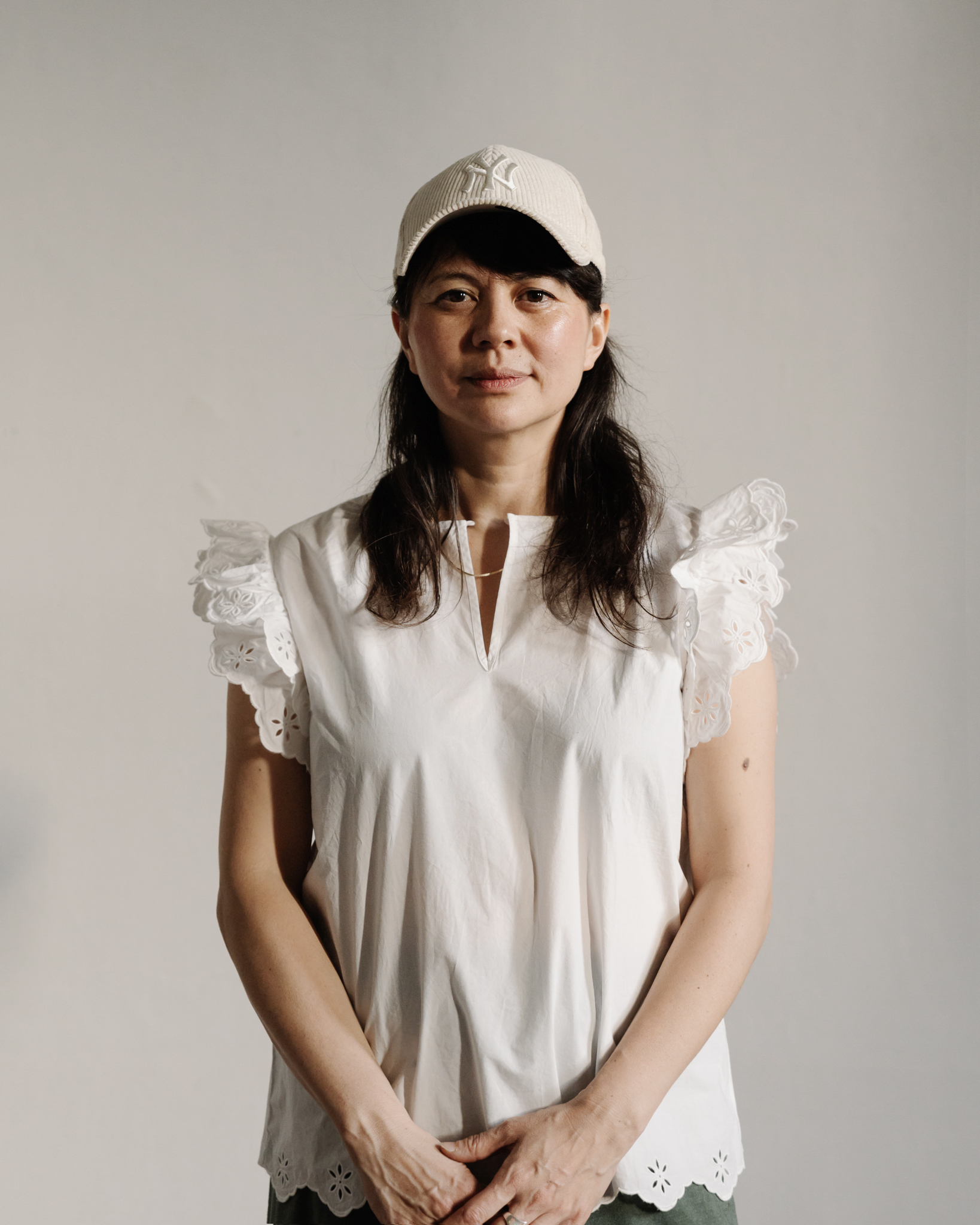Search
Laura Vazquez

Fellow
2022 - 2023
Literature
Biography
Laura Vazquez is a writer. She has published several books of poetry with various publishers, including La main de la main (Prix de la Vocation) with éditions Cheyne in 2014, and Vous êtes de moins en moins réels with éditions Points in 2022. His first novel, La semaine perpétuelle, was published by Sous-sol in 2021. It won the Prix Wepler special mention and the Prix de la page 111. Her epic, Le livre du large et du long, was published in March 2023 by Editions du Sous-sol. She was a resident at the Villa Medici in 2022-2023 and was awarded the Prix Goncourt for Poetry in 2023. In August 2025, during the literary rentrée, Laura Vazquez will publish her second novel, titled Les forces, with Editions du Sous-sol.
Her texts have been translated into Chinese, English, Spanish, Portuguese, Norwegian, Dutch, German, Arabic and Italian. Alongside her writing, she regularly gives readings in France and around the world (Contemporary Museum of Shanghai in China, Musée d’art contemporain de Genève in Switzerland, Norsk Litteraturfestival in Norway, Festival Voix Vives Tolède in Spain, Fondation Perdu in Amsterdam in Holland, etc.). She co-edits the magazine Muscle with Roxana Hashemi. She also runs writing workshops and masterclasses.
Find out more on lauralisavazquez.com and @lauralisavazquez
Project
At Villa Medici, Laura Vazquez will write her first play: a lesbian tragedy. They are innocent. In tragedy, everyone is innocent. It will be a text in literal language, with no double and no complicity. The opposite of wordplay. It will be a text that is never clever. It will be a catastrophe about to happen, and there will be no recourse. Every word will be direct and straight to the eye. A love story, the limit of our condition. Epic and tragedy dealing with the same subject. Epic acting, tragedy showing. Human stupidity, the great mirror to the death. Ignorance and innocence, all will be forgiven. A heroic destiny is bound to go wrong. In the theater, there was originally just one character: the chorus
Aeschylus increased this number to two, giving the leading role to dialogue. Sophocles increased the number to three. And here are the voices. Zg Zg, brr, brr, gang, gang, skuuuu

